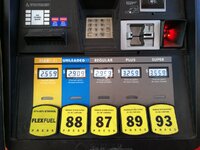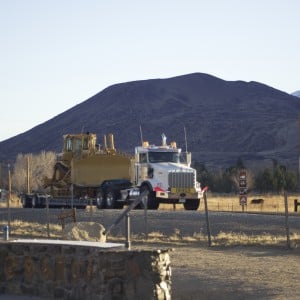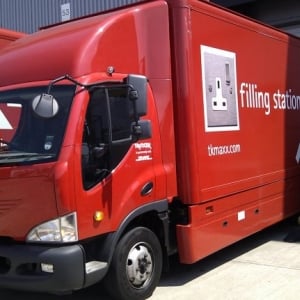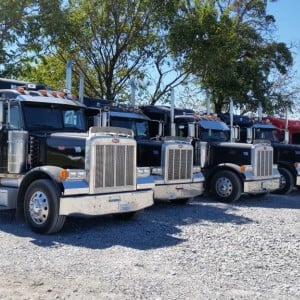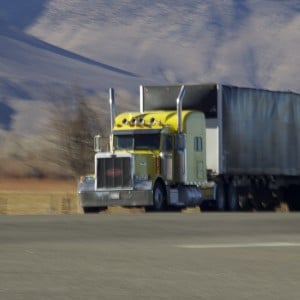mndriver
curmudgeon extraordinare
It's a shell game in the total energy required to produce one gallon of fuel for the cost isn't there. The ethanol and biofuel industries are heavily subsidized by the government to make them viable. Minnesota even went so far as to create an artificial market for them by requiring it be used in all states vehicles.
One needs to pay very close attention to the price paid and your actual fuel economy to justify what bought for fuel. When I drove a state van, we found out just how bad the state was wasting fuel money on forcing us to use E85.
It's nice having the flexibility, but I can't say its worth it to run all the time.
I could go home and yank out all the notes from the course on "Energy and the Environment". The numbers really surprised me when you put total life cycle costs into it. From building the refineries to their maintenance and their disposal. It's really hard to beat the cost effectiveness of petroleum.
I'm not saying we don't need to find an alternative, but we need to be wiser about a lot of these alternatives than we are or think we are. Some of them, the technology just isn't ready for them. Others, need a major infrastructure update or development.
One needs to pay very close attention to the price paid and your actual fuel economy to justify what bought for fuel. When I drove a state van, we found out just how bad the state was wasting fuel money on forcing us to use E85.
It's nice having the flexibility, but I can't say its worth it to run all the time.
I could go home and yank out all the notes from the course on "Energy and the Environment". The numbers really surprised me when you put total life cycle costs into it. From building the refineries to their maintenance and their disposal. It's really hard to beat the cost effectiveness of petroleum.
I'm not saying we don't need to find an alternative, but we need to be wiser about a lot of these alternatives than we are or think we are. Some of them, the technology just isn't ready for them. Others, need a major infrastructure update or development.

